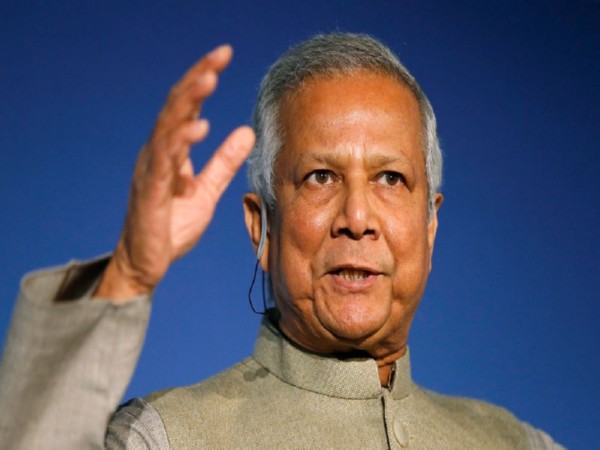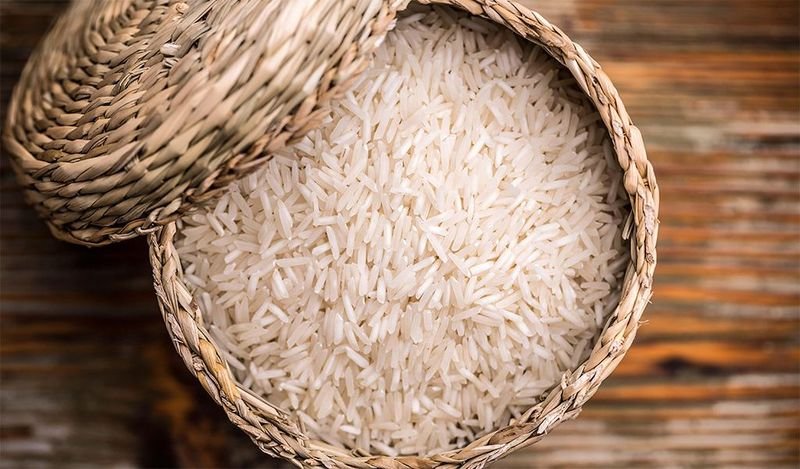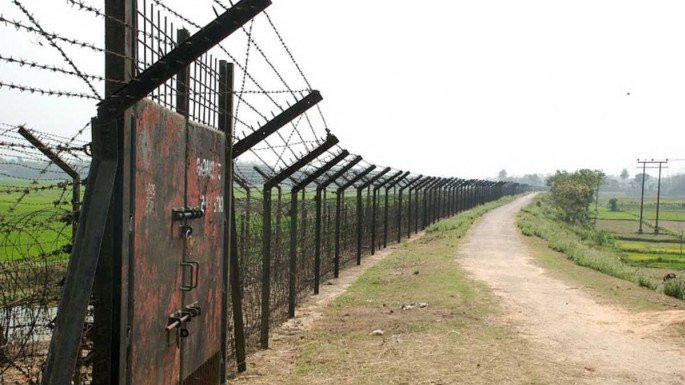Dr. Muhammad Yunus’ remarks during China visit spark backlash, but India’s regional strength remains undisputed
During a recent visit to Beijing, Dr. Muhammad Yunus, Chief Advisor of Bangladesh’s interim government, stirred controversy by referring to India’s northeastern states as “landlocked” and proclaiming Bangladesh as their only “guardian of the ocean.” The remarks, made during high-level talks with Chinese President Xi Jinping, are being viewed as an attempt to reposition Bangladesh as a regional intermediary for Chinese economic and strategic interests, reported timesofindia.indiatimes.com.
Yunus’ provocative statement drew sharp criticism for challenging India’s sovereignty and downplaying its strategic maritime dominance.
The comments were made between March 26 and 29, 2025, where Yunus also sought Chinese investment in key infrastructure, including modernization of Mongla Port and the development of industrial zones. He further proposed a 50-year master plan for river water management, including the Teesta River shared by India and Bangladesh — signaling a potential shift in Dhaka’s foreign policy focus from New Delhi to Beijing.
Observers noted that Yunus’ overtures may reflect desperation for financial backing, given China’s history of debt-trap diplomacy in countries like Sri Lanka and the Maldives. In both nations, Chinese investment has led to mounting debt and compromised sovereignty, fueling skepticism around similar moves in Bangladesh.
-
While Yunus attempts to court Beijing, his depiction of India’s northeast and call to become an “extension of the Chinese economy” has raised red flags in New Delhi
-
India, however, continues to assert its maritime supremacy and strategic relevance in the Bay of Bengal
India’s leadership role in the region is backed by robust military and diplomatic frameworks, including:
- Strategic positioning in the Andaman and Nicobar Islands near the Strait of Malacca, a critical maritime chokepoint.
- Active participation in Quad alliances with the US, Japan, and Australia, and regional partnerships through BIMSTEC and Act East Policy.
- Joint naval exercises like Bongosagar 2025 with Bangladesh, reflecting continued collaboration.
- Humanitarian missions like Operation Brahma in Myanmar and Operation Sankalp in the Red Sea, which cement India’s role as a global maritime responder.
Meanwhile, Yunus’ rhetoric is being interpreted as a political gamble — attempting to secure Chinese favor while still requesting a meeting with Indian Prime Minister Narendra Modi during the upcoming BIMSTEC Summit. Indian officials, however, remain non-committal, highlighting the complexity his statements have introduced into already delicate diplomatic ties.
The fallout from Yunus’ remarks serves as a reminder of the importance of diplomatic prudence in regional geopolitics. As India continues to play a stabilizing and leadership role in the Indo-Pacific, opportunistic narratives that seek to diminish its influence are unlikely to gain ground.











